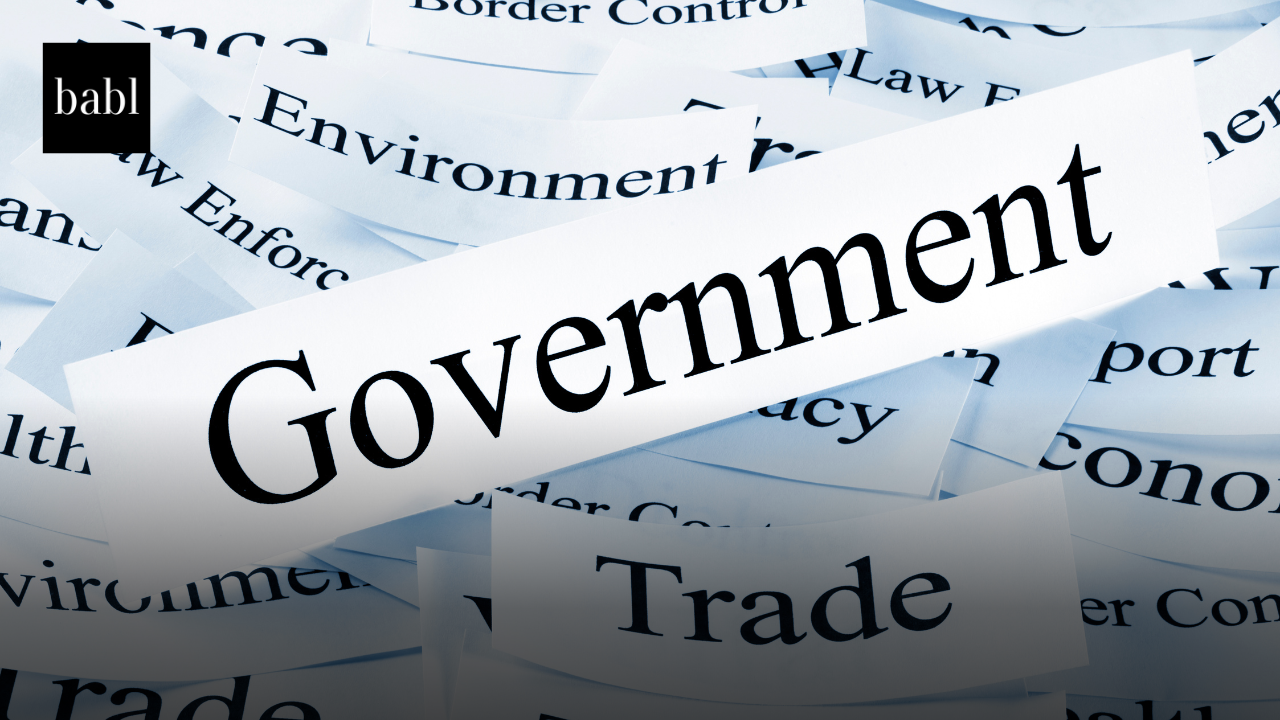The Securities and Exchange Board of India (SEBI) has introduced a consultation paper seeking public feedback on proposed amendments to its regulatory framework. These amendments aim to assign clear responsibility for the use of artificial intelligence (AI) tools by Market Infrastructure Institutions (MIIs), registered intermediaries, and other regulated entities within India’s securities markets.
The proposed changes are designed to enhance accountability for the growing integration of AI and machine learning (ML) in the financial sector. SEBI seeks to ensure that entities using AI tools prioritize investor protection, data security, and regulatory compliance while reaping the benefits of increased efficiency and informed decision-making.
The amendments will cover three key regulations:
- Securities Contracts (Regulation) Regulations, 2018 – governing stock exchanges and clearing corporations.
- SEBI (Depositories and Participants) Regulations, 2018 – focused on depositories.
- SEBI (Intermediaries) Regulations, 2008 – regulating intermediaries such as brokers, mutual funds, and asset managers.
AI’s transformative potential in securities markets is already evident. Its applications range from stock selection and portfolio management to compliance operations and investor interactions. Recognizing this, SEBI issued guidelines in 2019 mandating AI/ML usage reporting across various market participants. These requirements are incorporated into SEBI’s master circulars.
However, the rapid expansion of AI tools has introduced challenges, including ethical concerns, security vulnerabilities, and potential misuse. To address these risks, SEBI proposes assigning sole responsibility to entities using AI tools for any consequences arising from their deployment.
The draft regulations stipulate that entities deploying AI tools, whether developed in-house or procured from third parties, will be:
- Accountable for Data Integrity: Ensuring the privacy, security, and integrity of investor and stakeholder data, including fiduciary information.
- Responsible for AI Outcomes: Liable for the consequences of decisions or actions resulting from AI outputs.
- Obligated to Comply with Laws: Required to adhere to all applicable regulations while using AI.
If violations occur, SEBI retains the authority to take enforcement action, which could include penalties or other measures.
The amendments emphasize the need for robust safeguards and responsible AI usage. They reflect SEBI’s commitment to fostering trust in AI-driven financial services while promoting innovation. AI tools have already enhanced market efficiency and transparency, enabling faster decision-making and broader accessibility. However, the proposed changes underscore that these benefits must not come at the expense of investor protection or ethical standards.
SEBI also highlights the importance of proportionate measures for small and medium-sized entities. The regulations acknowledge that compliance must be scalable, ensuring smaller firms can adopt AI responsibly without undue burden.
SEBI has invited public comments on the proposed amendments, with a submission deadline of November 28, 2024. Feedback can be provided through SEBI’s online consultation form or via email.
Need Help?
If you’re wondering how India’s AI strategy, or any other AI strategies and laws worldwide could impact you and your business, don’t hesitate to reach out to BABL AI. Their Audit Experts can address your concerns and questions while offering valuable insights.





